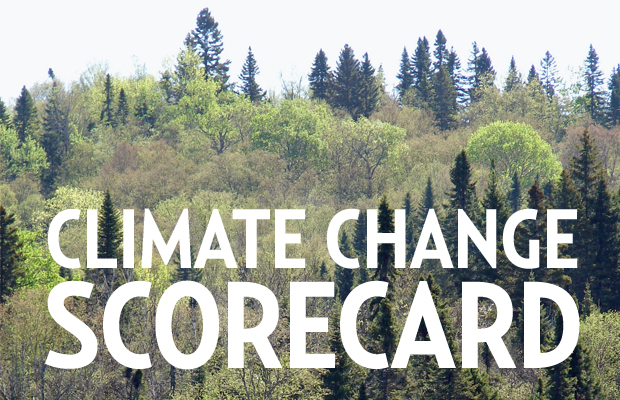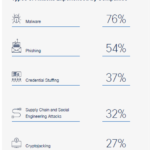September 14, 2014 – We are less than 10 days away from the planned climate summit of 125 nations taking place in New York City on September 23rd. So I thought it would be useful to take a quick climate change snapshot, rating the efforts of individual nations. That made me wonder – how are nations being measured? What constitutes a success? Who leads the pack? Who is failing?
In beginning to research this subject I sought a climate change scorecard, a common measuring tool that could be used to rate country-by-country program successes. There are a few out there.
Climate Interactive
Climate Interactive has developed a Climate Scoreboard built on C-ROADS, a computer simulation that measures long-term impacts of climate policies. C-ROADS can measure policy initiatives potential outcomes. It features:
- translation of mitigation scenarios into measurable per-capita outcomes.
- real-time policy analysis and graphical plotting of “what if” scenarios.
- analysis of 15 nations or negotiating blocs simultaneously.
Nothing, however, on the Climate Interactive site provides a snapshot of how countries are currently doing.
CO2 Scorecard
The CO2 Scorecard, launched in 2010, tracks CO2 and other greenhouse gas (GHG) emissions as well as energy production and consumption and other socioeconomic benchmarks. The goal is to bring together all publicly-available data from countries, corporations and other organizations and make it viewable online.
Climate Action Tracker
The Climate Action Tracker looks at country-by-country emission commitments and actions. An interactive map gives you an instant assessment by country. The co-authors of the tool describe themselves as independent scientists with no hidden agenda.
E7 versus G7 Countries and Carbon Intensity Reduction
I wondered if any or if all three were the basis for an article entitled, Emerging economies outpace G7 on tackling climate change. The article appeared in the Financial Times on September 7th. The author, Pilita Clark, wrote that emerging nations like China and India, defined as the E7, were outperforming the United States, Germany, Japan, the G7 nations, in reducing carbon intensity, a measure of CO2 emissions per dollar of gross domestic product.
In Clark’s article it states that the E7’s largest emerging economies including India and China, had reduced carbon intensity at an annual rate of 1.7%. The G7, on the other hand, had only managed a 0.2% reduction annually. The combination of E7 and G7 amounted to a 1.2% intensity reduction.
I hate carbon intensity as a reporting measure because it is based on units of production and not volume. In previous postings on this blog site I have railed against my government for using this as a measure of GHG mitigation success when clearly it is not. That’s because, when production volumes increase at rates faster than emission reductions by unit of production, as in the case of Western Canadian oil sands, overall emissions continue to rise.
Clark goes on to state that for carbon intensity to succeed actual reductions of 6% are needed if overall warming is kept to no more than 2 Celsius (3.6 Fahrenheit) degrees. At 1.2% the likely scenario is a 4 Celsius (7.2 Fahrenheit) rise in planet-wide mean temperature by 2100.
Rating the U.S., China, Canada and Others
Having read Clark’s article I thought it would be useful to look at what the scorecards are saying about the E7 and G7 countries.
For example, how does the United States score for using the CO2 Scorecard?
Data from 2011 gives the U.S. a grade of “C” for carbon intensity reduction. The intensity reduction measure equaled -2.51%. At the same time the U.S. got a grade of “A” for CO2 trending which indicated a -2.13% reduction in carbon footprint. But as for the overall grade, the U.S. got a “D-” as one of the top 10 global carbon emitters.
How did China do using the CO2 Scorecard?
A “C” for CO2 trends with a 4.74% increase in carbon footprint. A “D” for carbon intensity even though reductions measured -4.49%. That’s because the intensity reduction benefits were negated by overall production volume increases leading to a score of “D-” for overall carbon footprint.
How did my country rate on the CO2 Scorecard?
Canada got a “C” for CO2 footprint which worsened by 0.69% although carbon intensity improved by -1.55%. Overall final score, a “D-.”
Climate Action Tracker uses a different rating scale that goes from “Inadequate” to “Role Model.” Based on this scale the United States as of 2013 is scored “Inadequate.” In 2005 the U.S. pledged to reduce overall GHG emissions by 17% in 2020. Climate Action Tracker predicts, that without additional mitigation policy and strategies, the country will not come close to its target carbon footprint reduction.
China also is graded “Inadequate.” China has pledged to reduce GHG emissions from 2005 to 2020 by 40 to 45% and “will be close to sufficient” in meeting that pledge based on current trends.
And Canada joins the other two with an “Inadequate” grade. The country committed to align its reductions with the U.S. at 17% from 2005 to 2020 and “with current policies in place…is not on track to meet their pledge.” In fact Canada is expected to increase its GHG emissions overall by 3.3% by 2020 based on current policy and trends.
So who is scored as a “Role Model?” The Maldive Islands. This small Indian Ocean country will be carbon neutral by 2020 based on the governments unconditional declaration. Other countries doing better than the U.S., China and Canada include Costa Rica, Norway, South Korea, Bhutan and Papua New Guinea who get a “Sufficient” grade. And Climate Action Tracker gives a “Medium” score, their third highest rating to Brazil, Chile, Iceland, India, Indonesia, Israel, Mexico, South Africa, Switzerland and Singapore. Everyone else gets the failing grade of “Inadequate.”
So as the leaders of countries gather in New York City next week, we hope with scorecards in hand, they know the task at hand. They must do better because right now overall the road to tackling climate change appears very rough indeed.



















